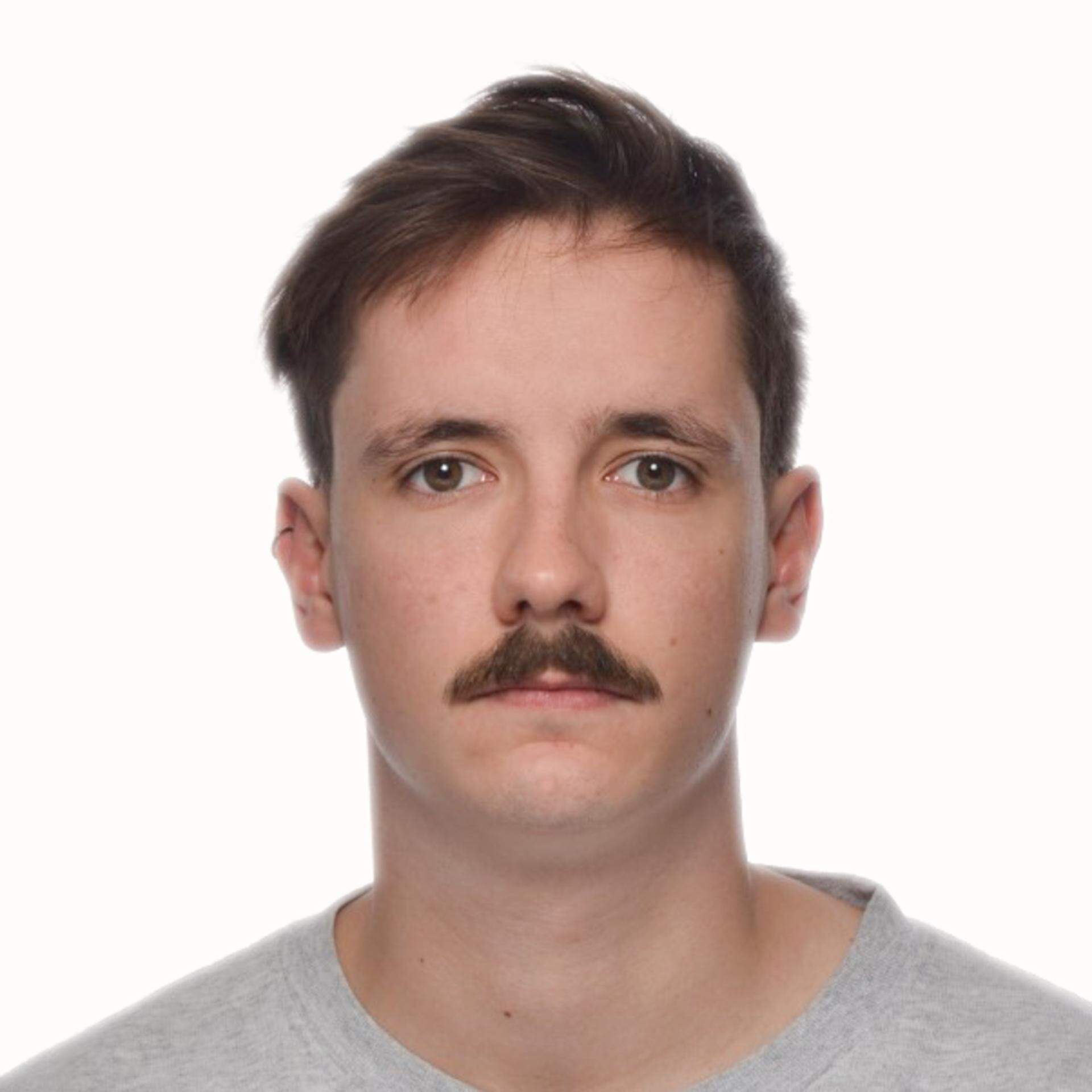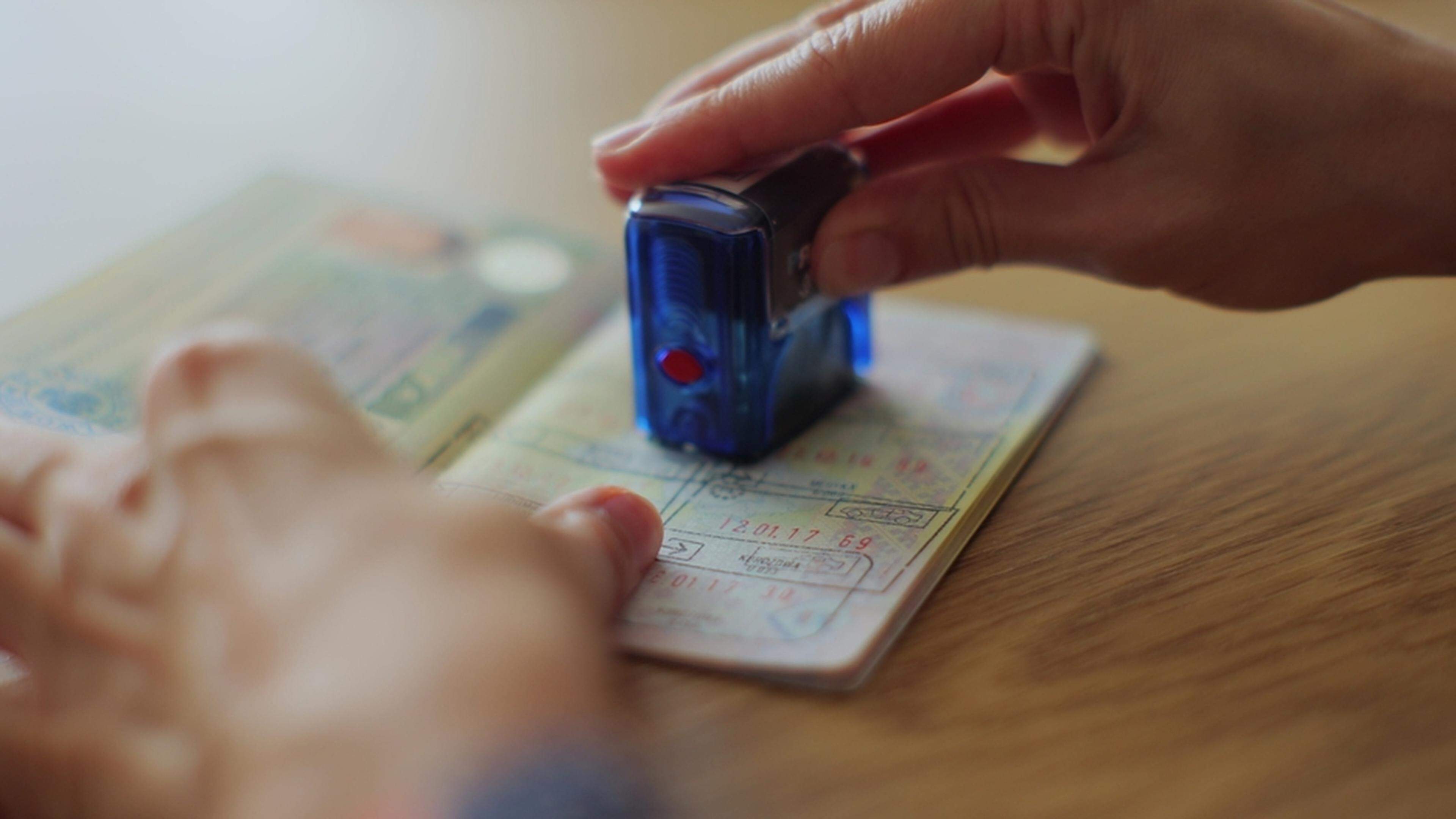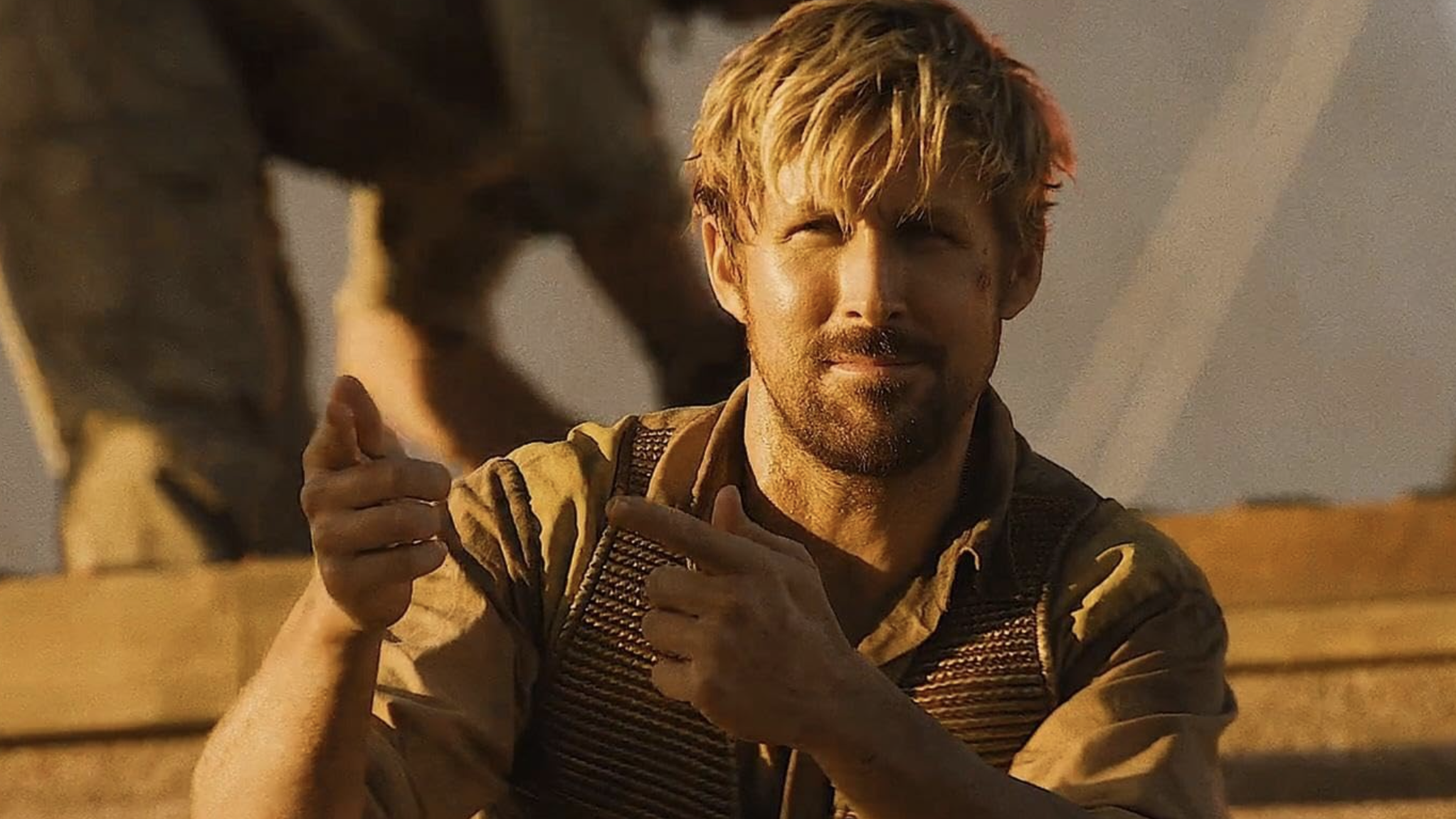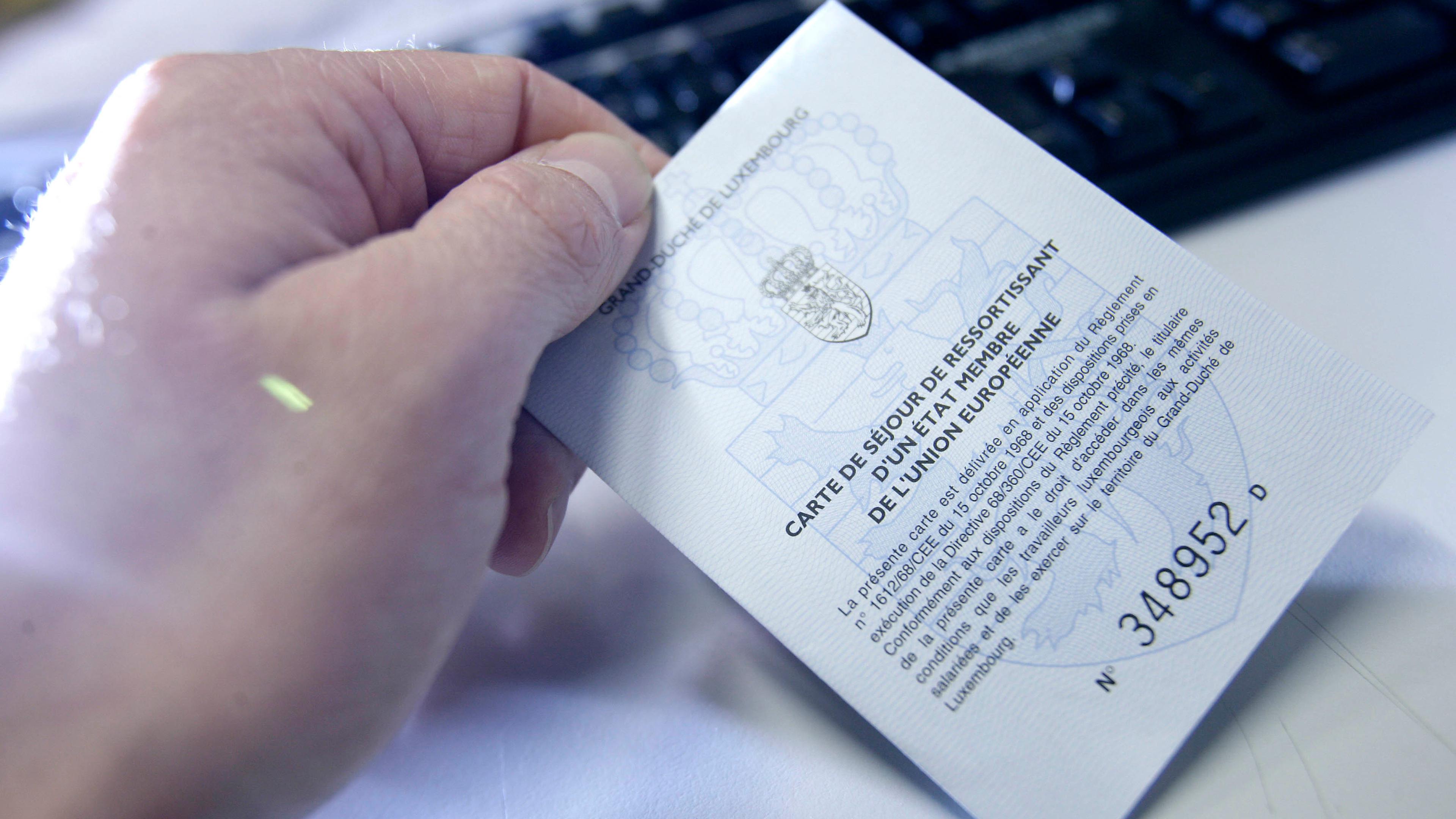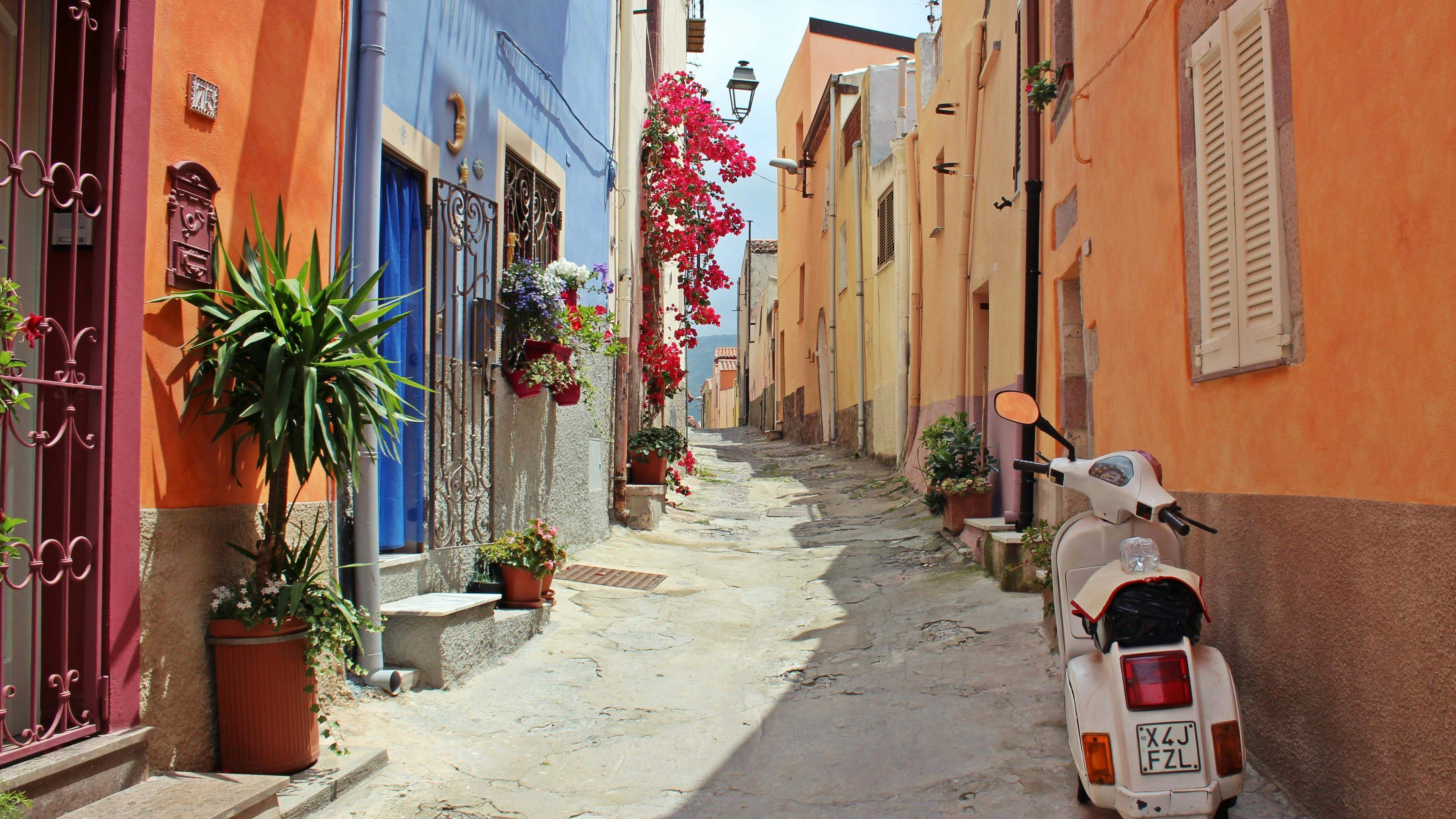La Haine: Back in the cinema and definitely worth watching
French classic La Haine, set in a Parisian banlieue, will be screening at Cinémathèque on Friday
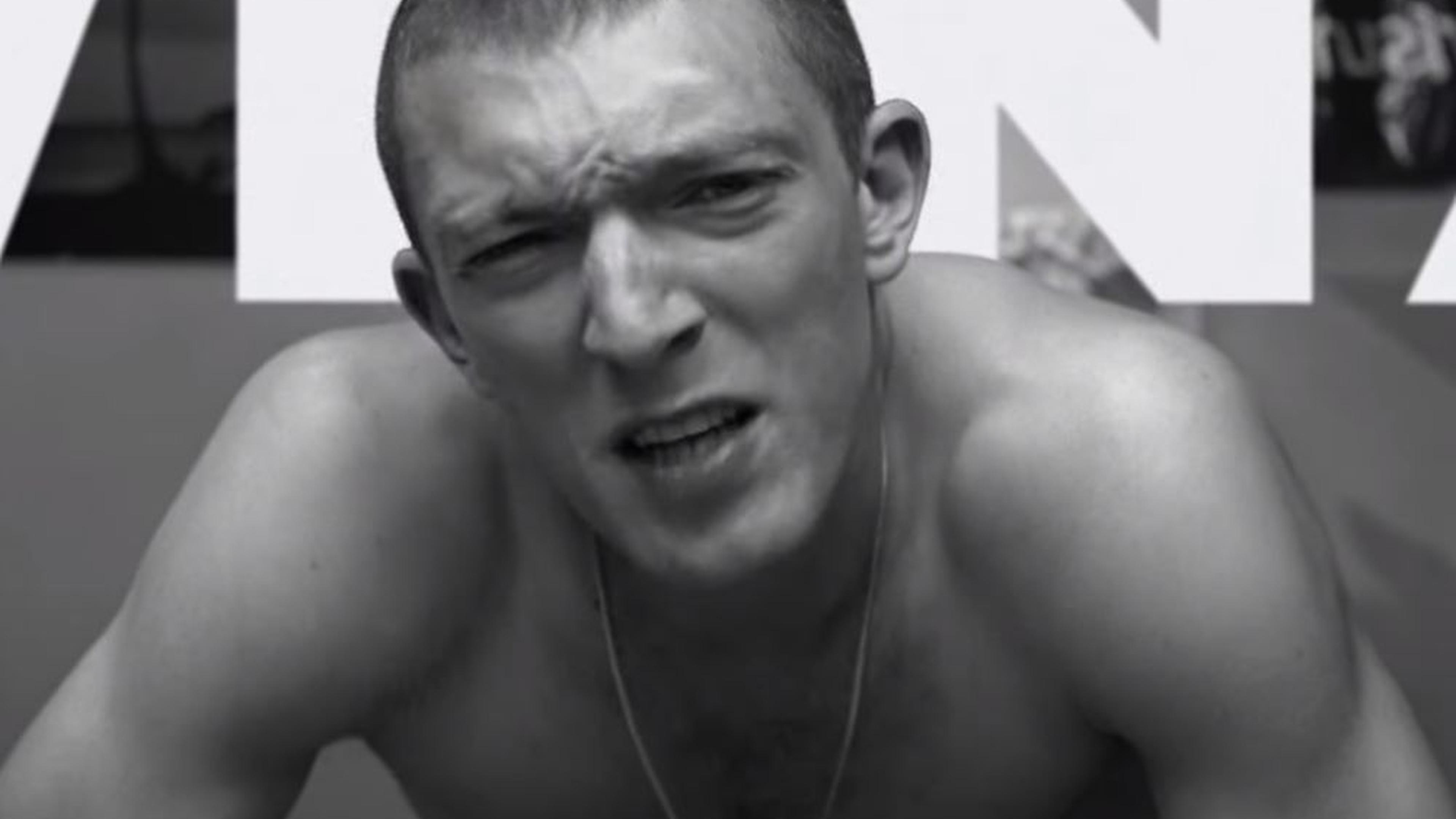
La Haine, a film that captures a slow-motion death spiral in crisp black and white, will be showing at Cinémathèque on Friday.
Written and directed by Mathieu Kassovitz, the film had a standing ovation when it debuted at Cannes in 1995. Shot entirely in black and white, it follows three inhabitants of the banlieues (the dense suburbs) of Paris on the eve of mass rioting and social unrest.
Vinz, a volatile young Jewish man, meets with his friends Saïd, a young Muslim, and Hubert, a French-African boxer. Their home in the urban sprawl has reached a boiling point after a local, Abdel, was injured in police custody. They discuss the tangible atmosphere which pervades the film: the sweeping violence, the rifts between suburban cultures, fantasies of seeking revenge.
Vinz has a gun which a policeman lost in the riots and swears up and down that he will kill a policeman should Abdel die. And yet, the trio are never made out to be cold-blooded gangsters bent on murdering cops.
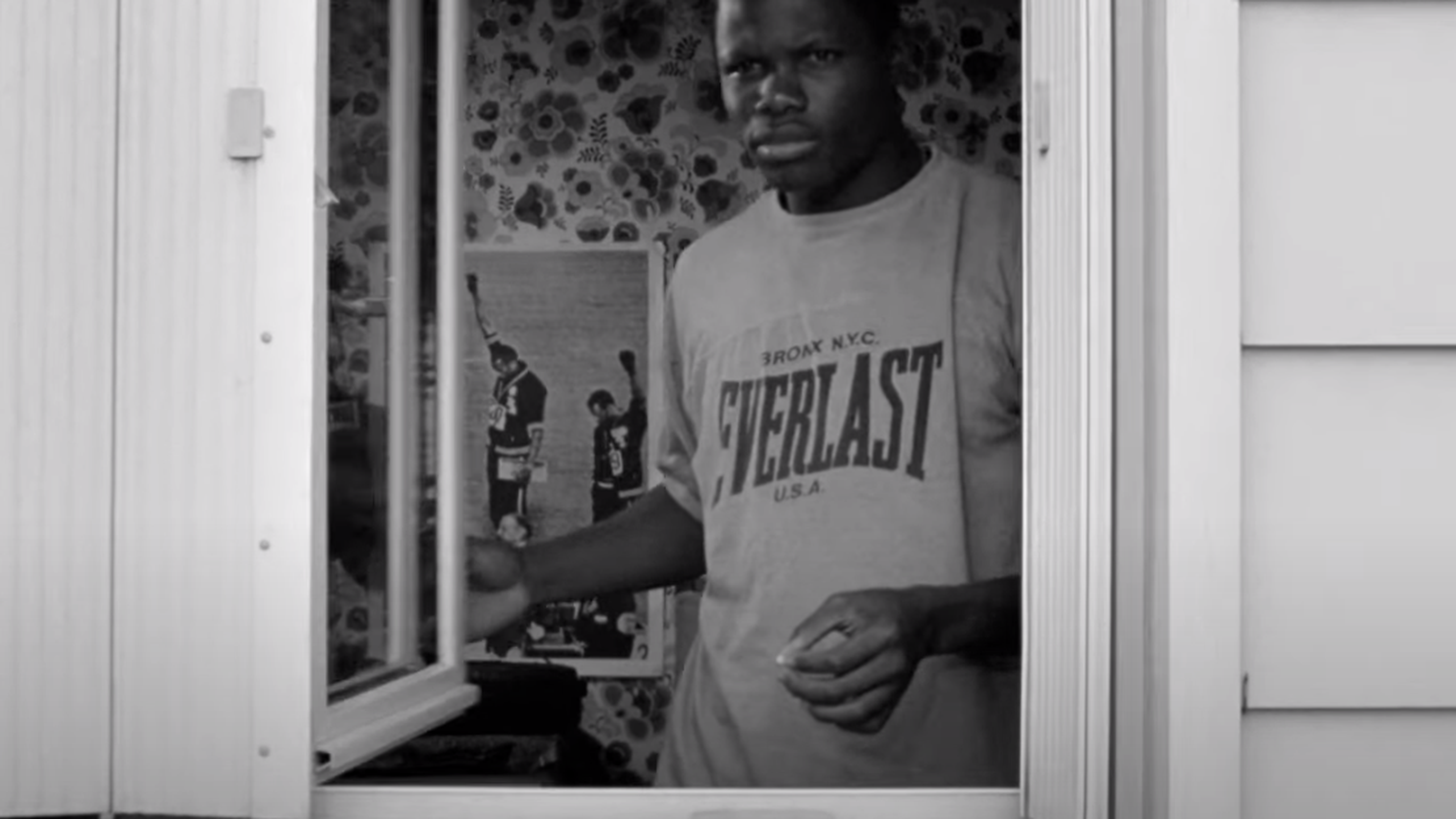
Vinz’ hardman façade is shaky at best. Saïd may have a big mouth but clearly doesn’t have the brawn to back it up. Hubert rejects the ongoing violence altogether and dreams of escaping the banlieues.
What follows is a trudge through a decaying urban landscape. They hang out at playgrounds, underground tunnels, on the street and at rooftop barbecues. What’s remarkable is that nothing really consequential happens in these sequences. The three either hang out with each other or encounter other stray groups of people in the postmodern ruins, at which point tensions eventually escalate until they throw insults and are forced to move on.
A ticking timer interrupts this ambulatory flow as if it were the countdown on a time bomb. The film, in an opening sequence, is pre-empted with a sense of free fall. As Hubert states in a voice over: “How you fall doesn’t matter. It’s how you land.” In a way, every quotidian scene is imbued with a terrible and accelerating tension which no one - not the trio nor the inhabitants of the banlieues nor the police - can do anything about.
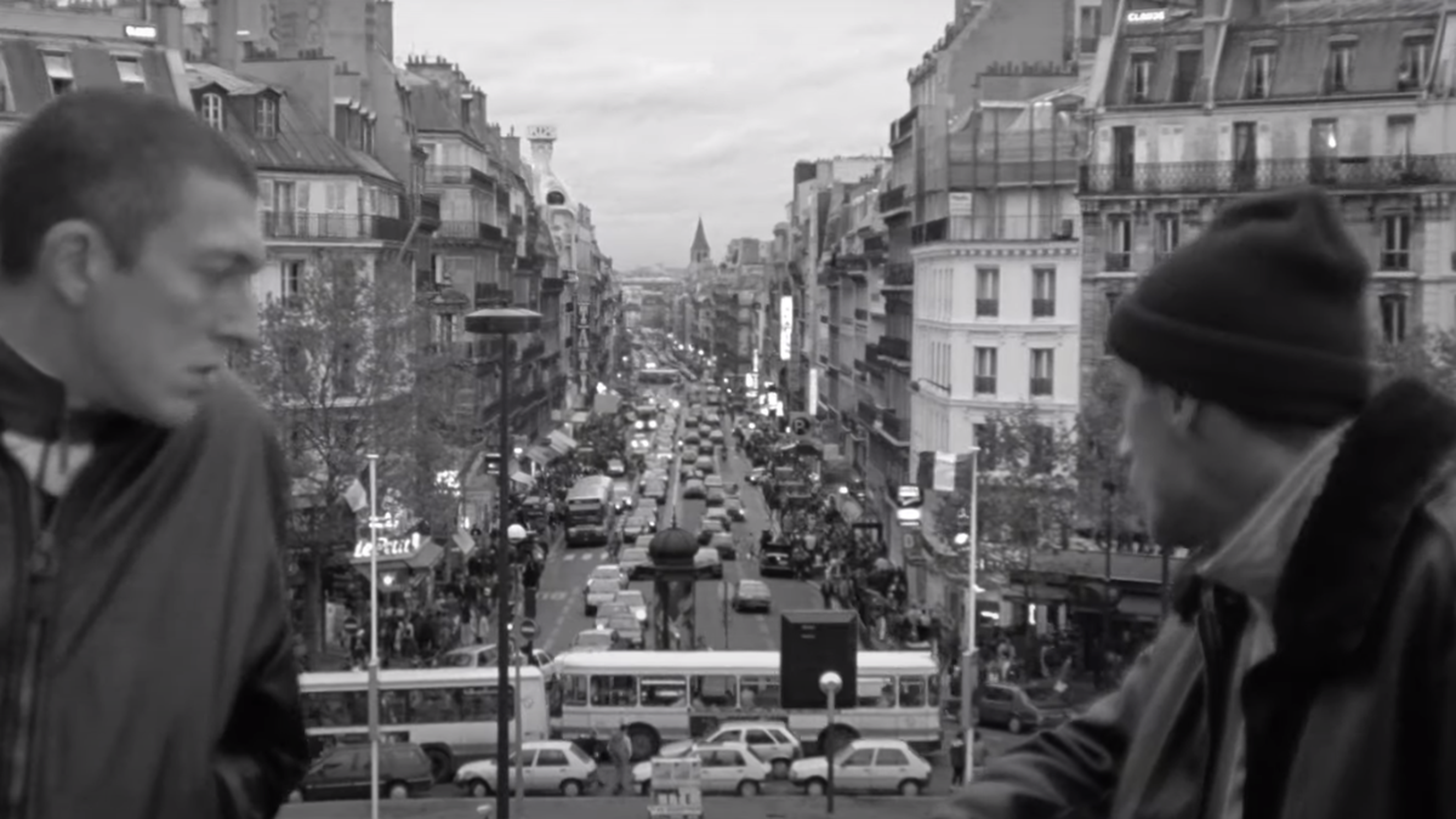
Vinz, Hubert and Saïd eventually make their way into Paris as night approaches. Here the discordant qualities of modern France become clear, as throughout La Haine there are cultural clashes and contradictions which, like the lingering tension, can neither be resolved nor made sense of. Vinz spots a cow in the middle of the suburbs; the police are themselves violent instigators instead of peacekeepers; the city of lights gleams in the night but its streets are gritty.
But the narrative resists the urge to describe its cultural spiral as some sort of conservative ‘decline of the West’ narrative. The Paris of La Haine, standing in for France (or even Europe), is clearly in a state of prolonged decay where violence and neglect see society and infrastructure crumble. Yet the greatest crime in the film isn’t violence - it’s the inability to confront the spiral itself.
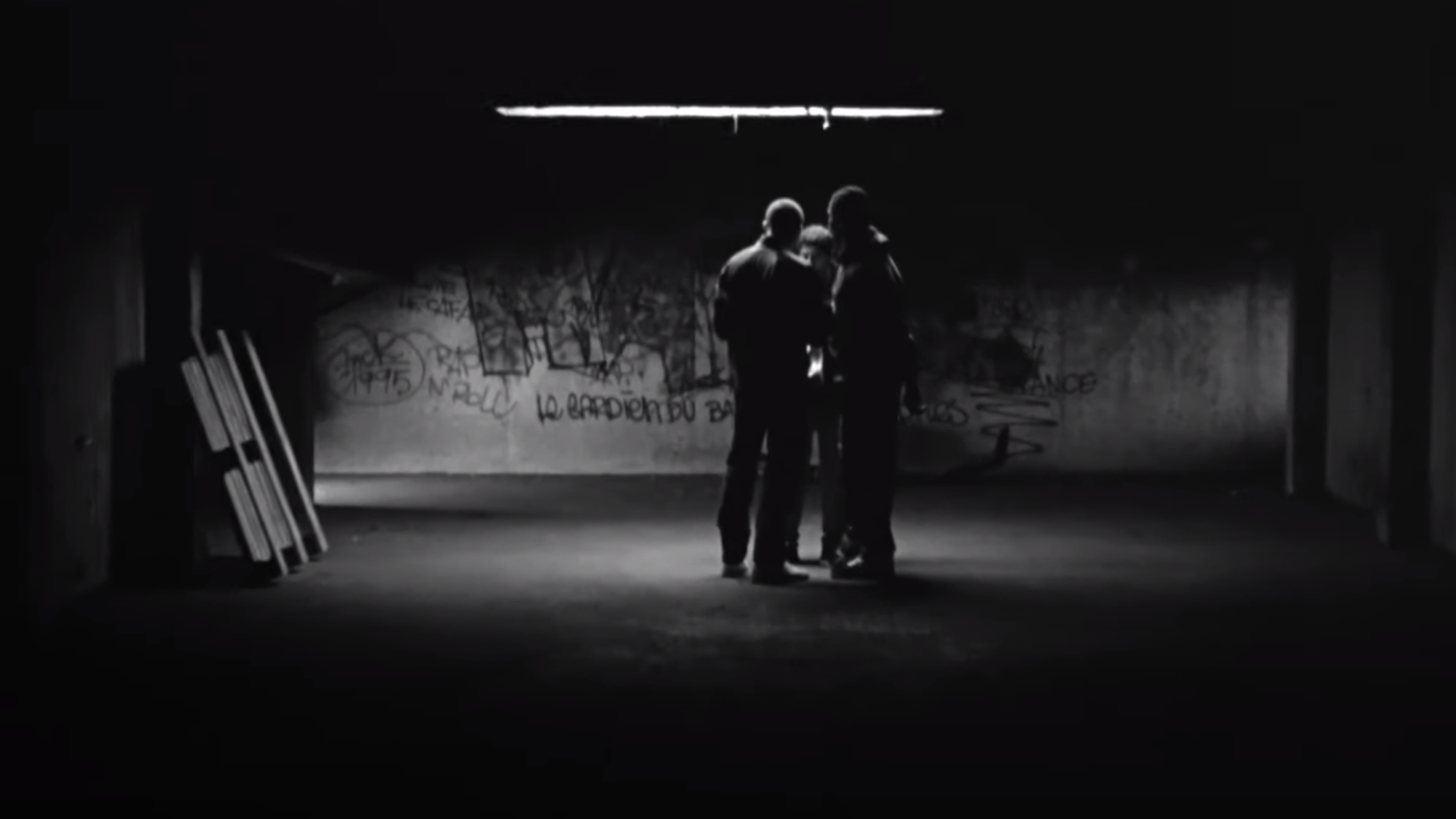
Kassovitz paints a picture of a 1990s France unable to look its own contradictions in the eye, creating an environment where trendy art galleries and neglected tower blocks exist side by side. In what is one of the greatest shots of the film, a DJ samples Edith Piaf in a remix of ‘Sound of da Police’ while the camera totally detaches itself from the reality on the ground to hover over the housing projects. This is as close as you can come to the musical reality of La Haine’s France: the Eiffel Tower providing a scenic backdrop to a riot.
La Haine, subtle yet anxious as it is, is one of those films that has since been the source of endless discussion - political, academic or otherwise. The camera haunts the film like a ghost, placing itself right in its character’s faces while the minimalistic plot does nothing but deepen the sense of escalating social malaise. That’s not to say that watching it is unpleasant. Rather, it feels like a film of something that should be impossible to film, a cross section of a highly political and a particular atmosphere that rears its head in modern European societies every so often.
Cinémathèque really is doing us a favour with its consistently strong selection of films, and La Haine should probably be the one to see there if you’ve been meaning to visit. This Friday’s showing will be in the original French with English subtitles.
